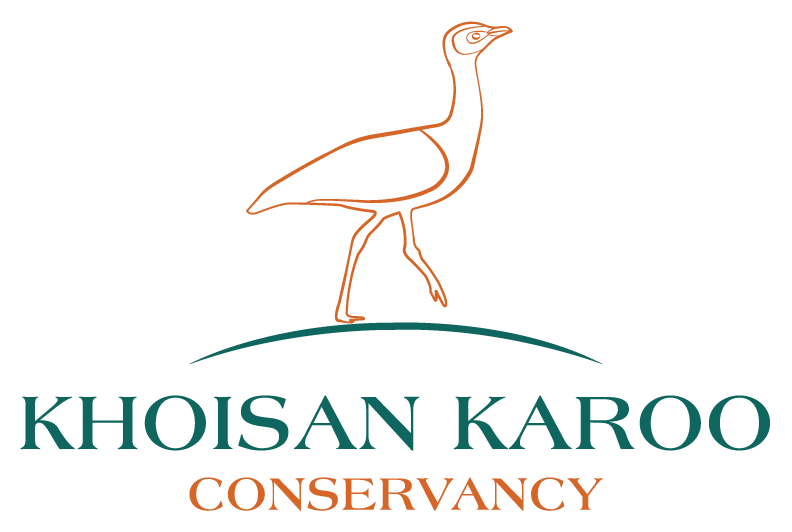Our History
The main house at New Holme dates back to 1933. It was built by the owner of Driekopen Farm, Sanshin Smith, when he subdivided his farm for his sons. The original Driekopen homestead can be seen as you drive to New Holme after turning off the N1.
No one has been able to find the reason for the name New Holme. It is a small, but fertile piece of land with high irrigation value due to the Seekoei River that borders it. In Denmark, a small fertile piece of land that is bordered by the ocean on three sides is often call a Holme. This is the only logical explanation for the name.
In 1946 the De Wett family bought New Holme from the Smiths, and Billy De Wett farmed the land and also kept race horses, trading as “Killowen Stud”. Billy built the stables, enlarged the main house at New Holme and constructed one of the large private dams on the farm by damming the flow of the Seekoei River. Billy’s brother Paul had a stud farm in Robertson area, but is probably better known for his vineyards, as the successful De Wetts Hoff, Excelsior, Arabella and Zandvliet estates can all be traced back to Paul De Wett.
None of Billy’s four daughters had any interest in farming, so in 1970 he sold the farm Ian Ferreira.
Although this is where we can say the history of the Ferreira’s and New Holme started, to tell the story properly we must go back to 1933, when Ian’s father, Tip Ferreira, moved to Hanover and farmed Merino Sheep. When his son Ian grew up, Tip gave him the farm Driekopen to get him started. Being a successful farmer, Ian bought a few more farms in the area as the Wool Boom between 1949 to 1953 was a very profitable time, with the price of wool rising to a pound for a pound.
Ian had three daughters and a son. His son was named after a Boer War General, Piet Cronje, that son is PC, owner of New Holme.
PC joined his father on the farm as soon as he finished school in 1992. At this point the Merino wool sales were the primary income, but times were changing so PC and his dad embarked on a long and adventurous journey to diversify the business. They opened two butcher shops on the N1, one in Hanover and one in Richmond, selling their lamb and game direct to the public. By 1998 the demand for their lamb and game had grown so much they decided they needed their own abattoir. With half a million hectares of the land, the abattoir was built to handle 300 sheep per day and process the game and ostrich on the farm. Today the abattoir is a property investment and rented out to a bigger group and the two butcher shops have been closed down.
The birth of New Holme Country House.
In 1995 PC persuaded his mother to loan and him the money to renovate and convert New Holme into a guest farm. She agreed and on December 16th, 1995 the first guest stayed at New Holme. Today the 3 Star New Holme Country House is proud to be part of Cape Country Routes, a collection of owner operated and managed accommodation establishments carefully selected for their character, charm and romance, and involvement in their communities.
In 2000 Mieliefontein opened its doors to guests as well.
Today 86 guests can be accommodated in the various accommodation options within the Karoo Gariep Nature Reserve established by PC and his family in 2015. From camping or self-catering to luxury country homes, Mieliefontein Karoo Guest Farm, Wolmado Self Catering Cottage , Stoffels Rus Self Catering Log Cabin, the Karoo Gariep Tented Camp and New Holme Guest Farm, the Karoo Gariep Nature Reserve offers accommodation for every taste.
New Holme has become a popular wedding venue, birders paradise and nature lovers retreat. New Holme also hosts the annual Colesberg Equestrian Endurance ride and the Lazy Hippo MTB stage Race.
Conservation and New Holme in the Karoo Gariep Reserve.
Like all farmers living off the land and loving it, PC is a conservationist at heart.
The Hippo Project.
Hundreds of years ago Hippos thrived in the Seekoei River (the name is Afrikaans for Hippo River) but by 1778 the last one was hunted and killed by the Dutch. In 2005 PC was successful in introducing a small family of hippo to the river and was awarded the prestigious KUDU Award by DR David Mabunda , director of SANParks. This hippo family was the first and only family of hippo in the Northern Cape for hundreds of years. Unfortunately, the male of the hippo family killed all but one of the male offspring when they reached sexual maturity, seeing them as a threat.
The surviving male needs two mates to ensure the successful breeding of both male and female young to grow the family. PC has sourced two females from a provincial reserve but requires funding to get them to New Holme.
The cost to capture and transport the two females is R140 000. If you are able to assist with a donation or sponsorship, please speak to PC.
Conserving the Land.
The National goal is to have 17% of South African land under formal protection. Land is a contentious issue, much of it still belonging to white farmers and the country is struggling to reach this target.
PC started a process where he hopes to eventually proclaim the whole of the Seekoei river as a nature reserve. The area covered by the river is 450 000 ha, populated by 57 land owners who generate R100 million from sheep and cattle farming.
PC’s plan is for SANParks to provide farmers with a breeding loan in exchange for declaring their farm a nature reserve. It is a win win deal as the farmers can continue livestock farming and get to keep all the offspring of the loan animals for five years, building up livestock with good genetics, then returning the original loan animals to SANParks. The country wins as the land is declared a nature reserve and formally protected.
PC has a healthy herd of Buffalo as a result of a game loan from government of disease free buffalo. The buffalo graze on PC’s land and he takes 50% of the reproduction as payment for the grazing. The 50% reproduction was enough to persuade him to declare his farm as nature reserve.
PC sees this as a big breakthrough for conservation.




Share This Page